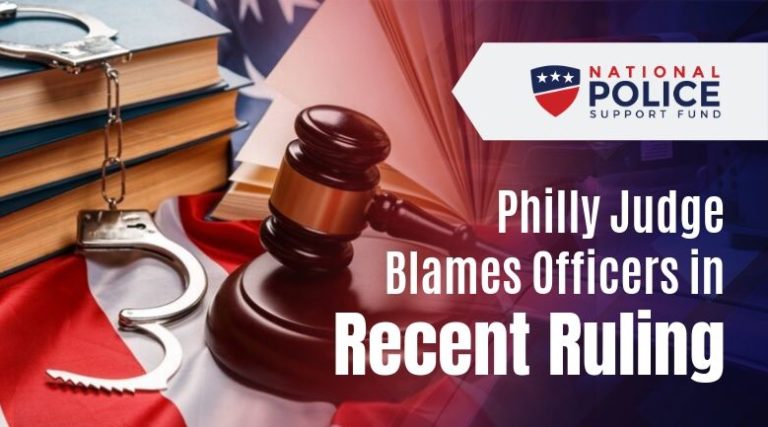Late last month, a Philadelphia judge dismissed a lawsuit brought by the city’s police union challenging the constitutionality of District Attorney’s Office (DAO) Police Misconduct Disclosure Database. The Philadelphia Fraternal Order of Police (FOP) filed the lawsuit against Philadelphia District Attorney Larry Krasner, arguing that the practice of publicly naming officers in the database violated the constitutional rights of those officers. The Police Misconduct Disclosure Database (PMDD) contains officers “who have histories of arrests, convictions, disciplinary violations or documented behaviors that warrant disclosure to defendants,” according to a statement released by the DOA following the ruling.
The database is meant to prevent police officers named in the list from testifying against defendants in court. Proponents of the database claim that such a practice protects the rights of defendants being testified against by “tainted” cops.
In a statement, DA Krasner accused the FOP of having misplaced priorities that “protect and often promote officers who do wrong at the expenses of officers who do right.”

In his own statement following the ruling, Fraternal Order of Police Lodge 5 president John McNesby indicated the union was “extremely disappointed” in the dismissal and vowed to appeal the ruling.
“Our officers understand that prosecutors must comply with state and federal law regarding disclosures under Brady v. Maryland,” said McNesby. “However, DA Krasner has once again pushed his anti-law enforcement agenda to malign and denigrate hardworking and dedicated police officers.” The Supreme Court’s ruling in Brady v. Maryland states that, “The government’s withholding of evidence that is material to the determination of either guilt or punishment of a criminal defendant violates the defendant’s constitutional right to due process.” The DOA argued that allowing police officers named in the PMDD to testify in court violates the constitutional rights of defen
The ruling comes a year after DA Krasner publicly released a list of 29 officers who were determined to have “a history of lying and wrongdoing, although the extent to which that is true remains unclear.
The ruling out of Philadelphia is yet another example of judges and public officials demonstrating contempt for those who protect and serve our communities. Police officers named in the PMDD have not been convicted of crimes and therefore should be allowed to testify in court. The Philadelphia ruling demonstrates in no uncertain terms that some public officials are all too eager to side with accused criminals rather than the police officers who work hard every day to protect their communities.
Weak judges and biased district attorneys are one of the greatest threats facing America’s police officers. Without all sides of the criminal justice system working together, the efforts of police officers to protect their communities are often futile. National Police Support Fund will continue to monitor the situation in Philadelphia and advocate for the brave men and women of the Philadelphia Police Department as they fight the institutionalized anti-police bias in their city.
It takes a special type of person to aspire to be a police officer. It takes an even more special type of person to actually become a police officer. Not only do individuals need to possess the intangible qualities of bravery and a sense of duty, they must also pass rigorous testing and screening to achieve the title “police officer.” So if you’re thinking about a career in law enforcement, here’s what you need to know.








